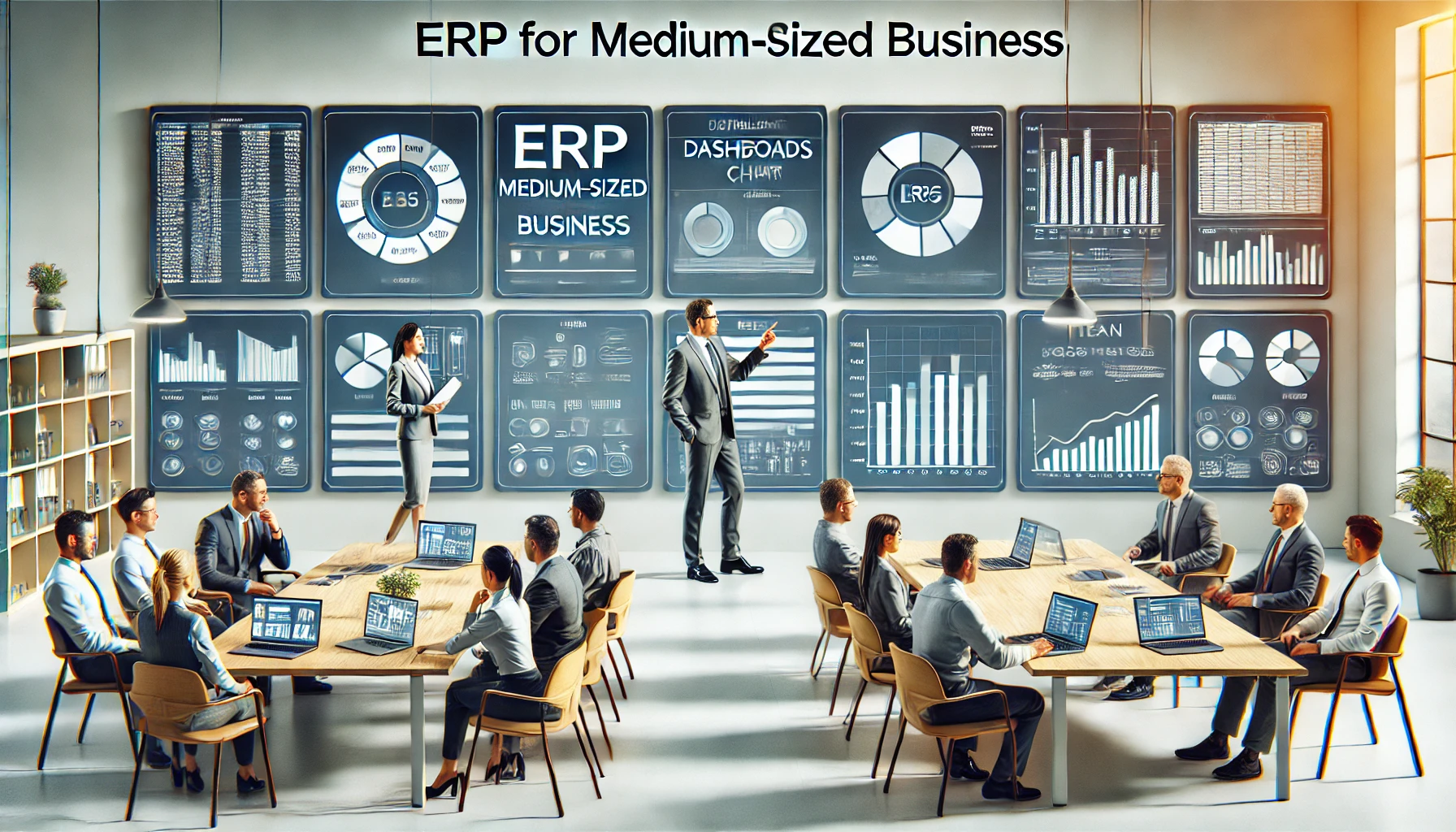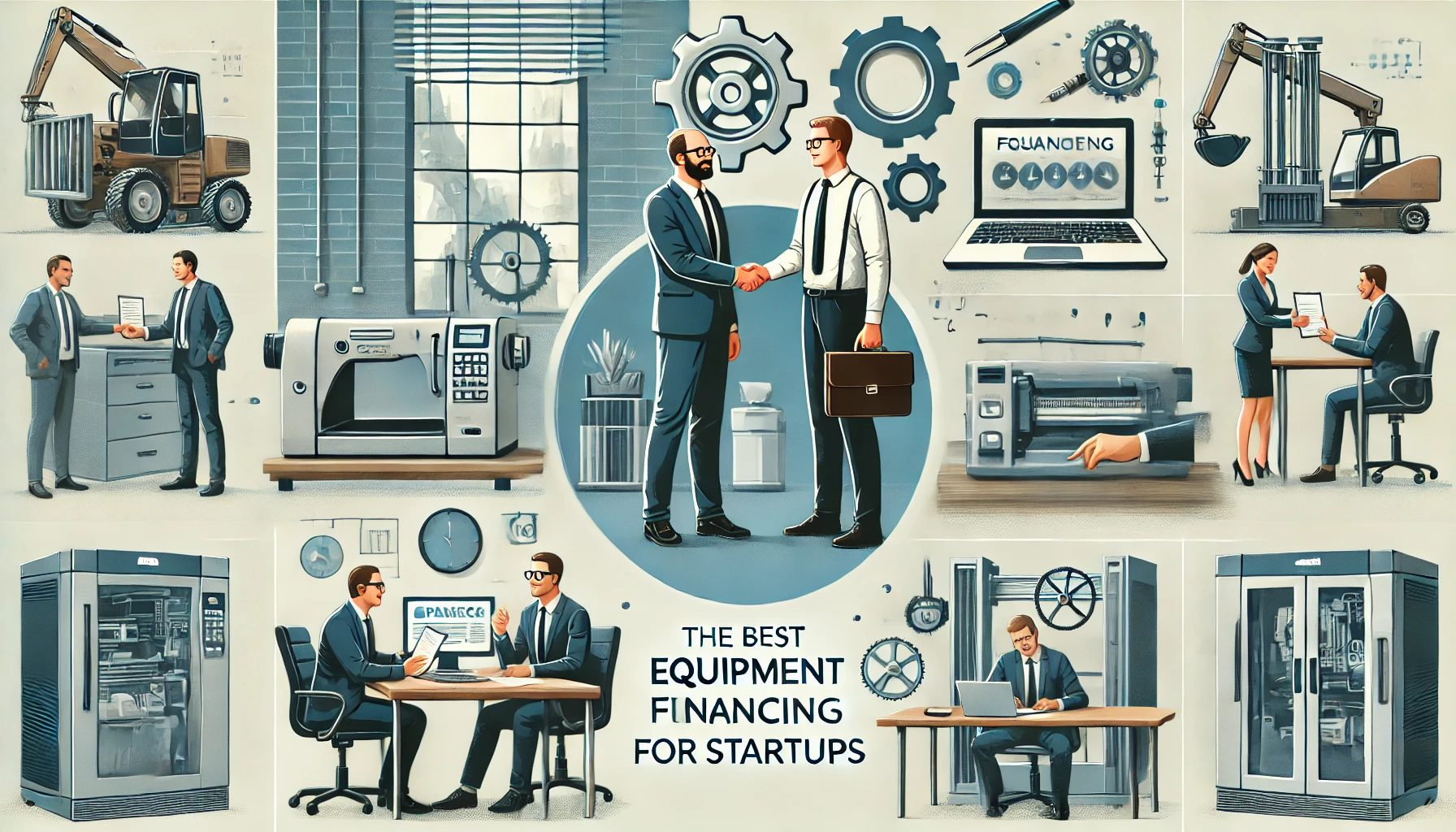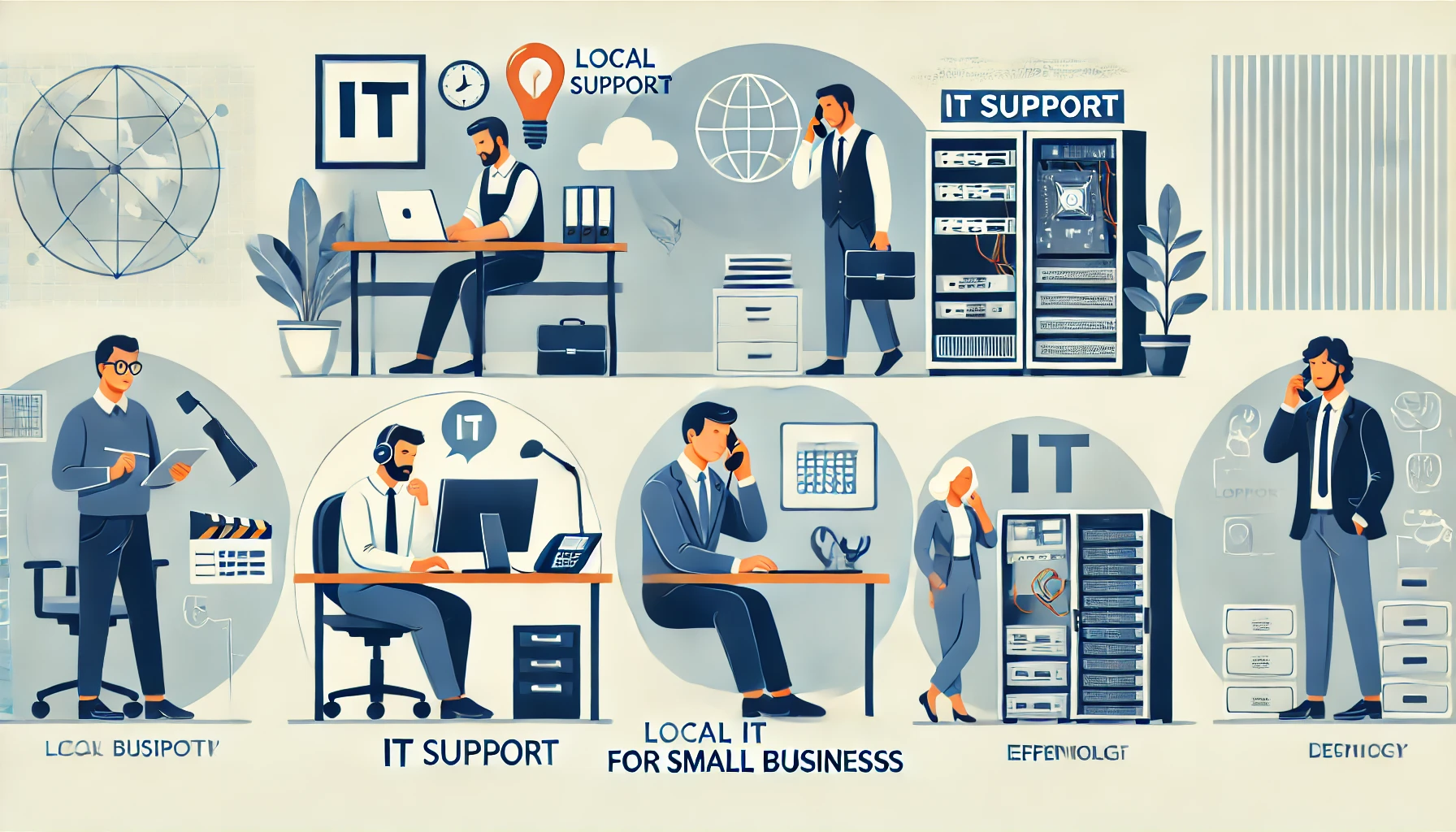Introduction
In today’s competitive business landscape, ERP for medium sized business is crucial for streamlining operations, enhancing efficiency, and driving growth. This comprehensive guide explores the benefits, implementation strategies, and best practices of ERP systems for medium-sized businesses.
What is ERP for Medium Sized Business?
Understanding ERP Systems
Enterprise Resource Planning (ERP) systems integrate various business processes into a single unified system, improving efficiency and decision-making. For medium-sized businesses, ERP solutions offer scalability and flexibility to manage resources, finances, supply chains, and human resources effectively.
Benefits of ERP for Medium Sized Business
- Improved Efficiency: Automates routine tasks and streamlines business processes.
- Better Decision Making: Provides real-time data and analytics for informed decision-making.
- Scalability: Adapts to the growing needs of a business without significant additional costs.
- Enhanced Collaboration: Facilitates better communication and collaboration across departments.
- Cost Savings: Reduces operational costs by optimizing resource utilization.
Key Features of ERP for Medium Sized Business
Financial Management
An ERP system offers robust financial management capabilities, including accounting, budgeting, and financial reporting. This ensures accurate financial records and compliance with regulatory standards, crucial for businesses managing dscr loan for llc or exploring box truck financing for startups.
Supply Chain Management
ERP solutions streamline supply chain operations, from procurement to inventory management. This is particularly beneficial for businesses working with best equipment financing companies for startups or custom clothing manufacturers for startups.
Human Resources Management
Managing human resources is simplified with ERP systems, providing tools for recruitment, payroll, performance management, and compliance. This is essential for businesses looking for the best hr software for startups or hr services for startups.
Customer Relationship Management (CRM)
ERP systems integrate CRM functionalities, enabling businesses to manage customer interactions and improve customer satisfaction. This is vital for businesses focusing on customer acquisition cost for startups or marketing for small business consultants.
Implementation of ERP for Medium Sized Business
Choosing the Right ERP System
Selecting the right ERP system involves evaluating business needs, scalability, and vendor reputation. Businesses should consider systems that offer customization options and industry-specific features.
Planning and Preparation
Effective planning is critical for a successful ERP implementation. This includes defining clear objectives, allocating resources, and setting a realistic timeline.
Data Migration
Migrating data from existing systems to the new ERP system is a crucial step. Ensuring data accuracy and integrity during this process is essential to avoid disruptions.
Training and Support
Providing comprehensive training for employees and ensuring ongoing support is vital for maximizing the benefits of the ERP system. Partnering with reliable local it support for small business can facilitate a smooth transition.
Continuous Improvement
ERP implementation is an ongoing process. Regularly reviewing and optimizing the system ensures it continues to meet the evolving needs of the business.
ERP for Medium Sized Business vs. Traditional Business Management Systems
| Feature | ERP for Medium Sized Business | Traditional Business Management Systems |
|---|---|---|
| Integration of Processes | High | Low |
| Real-time Data and Analytics | Yes | No |
| Scalability | High | Limited |
| Customization | Extensive | Minimal |
| Cost Efficiency | Long-term savings | Higher operational costs |
| Collaboration | Enhanced | Limited |
FAQs about ERP for Medium Sized Business
What is ERP and why is it important for medium-sized businesses?
ERP (Enterprise Resource Planning) is a system that integrates various business processes into a single platform. It is important for medium-sized businesses as it enhances efficiency, provides real-time data for decision-making, and scales with business growth.
How does an ERP system improve business efficiency?
An ERP system automates routine tasks, streamlines business processes, and provides real-time insights, which collectively improve overall business efficiency and productivity.
What factors should be considered when choosing an ERP system?
Factors to consider include the specific needs of the business, scalability, customization options, vendor reputation, and industry-specific features.
How long does it take to implement an ERP system?
The implementation timeline varies based on the complexity of the system and the size of the business. On average, it can take anywhere from a few months to over a year.
Can ERP systems be customized to fit specific business needs?
Yes, most ERP systems offer customization options to tailor the system to the specific needs of the business, ensuring it aligns with business processes and objectives.
Conclusion
Implementing an ERP for medium sized business is a strategic move that can significantly enhance operational efficiency, decision-making, and scalability. By choosing the right ERP system and following best practices in implementation, medium-sized businesses can drive growth and maintain a competitive edge. For more insights and effective business strategies, visit Tobusiness.online.
For further insights into maximizing your business efficiency, consider reading our article:
- Increase Leads with Home Services Marketing
- Unlock DSCR Loan for LLC with Top Equipment Financing 2024
- Attract Clients with Plastic Surgery Marketing Strategies
- Grow Your Business with Effective Roofing Marketing
- Best Equipment Financing Companies for Startups in 2024
- Best Local IT Support for Small Business in 2024
- B2B Success with an Account Based Marketing Agency


